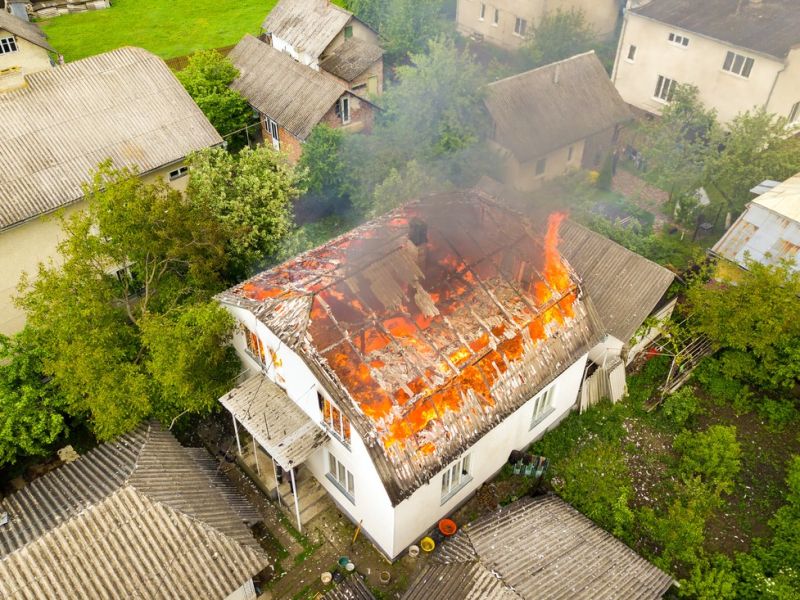
Debris Removal Service for Fire-Damaged Properties
Fires can cause significant damage to properties, leaving behind debris and remnants of the disaster. Dealing with the aftermath of a fire can be overwhelming, but it is crucial to prioritize debris removal for a seamless restoration process. Houston Restoration Group is here to assist you with professional and efficient debris removal services for fire-damaged properties.
The Importance of Debris Removal

Debris removal is a crucial step in the fire damage restoration process. Here’s why it is so important:
1. Safety
Fire-damaged properties may contain hazardous materials, such as broken glass, sharp objects, or hazardous chemicals. Removing debris ensures a safer environment for restoration professionals and occupants.
2. Structural Integrity
Debris, such as collapsed ceilings and charred building materials, can compromise the structural integrity of the property. Prompt debris removal prevents further damage and potential collapses.

3. Restoration Efficiency
Clearing out debris allows restoration professionals to assess the extent of the fire damage accurately. This assessment is crucial for creating a comprehensive restoration plan and estimating the time and resources required.
4. Preventing Secondary Damage
If left unaddressed, debris can cause secondary damage to the property. For example, water-soaked debris can lead to mold growth or further structural deterioration. Removing debris promptly mitigates this risk.
Houston Restoration Group’s Debris Removal Services
Houston Restoration Group specializes in comprehensive fire damage restoration, and our debris removal services are an essential part of the process. Here’s what you can expect from our team:
1. Experienced Professionals
Our team consists of experienced professionals who are trained in debris removal techniques. They have the expertise and knowledge to safely and efficiently remove debris from fire-damaged properties.
2. Advanced Equipment
We utilize advanced equipment and tools to effectively remove debris. Our equipment ensures thorough cleaning and minimizes the risk of secondary damage.
3. Safe Disposal
Proper disposal of fire debris is crucial for environmental and safety reasons. We follow strict guidelines and regulations when disposing of debris to ensure compliance and minimize any negative impact.
4. Efficient Restoration Process
By entrusting us with the debris removal process, you can expect a streamlined and efficient restoration process. Our team works diligently to clear the path for further restoration work, allowing for a quicker recovery.
Contact Houston Restoration Group Today
If your property has suffered fire damage, don’t overlook the importance of debris removal. It is a critical step towards full recovery and restoration. Houston Restoration Group is here to assist you throughout the process. Contact our team today at 281-519-7318 to learn more about our debris removal services and how we can help restore your fire-damaged property.
Related Links:
FAQ
What is the importance of debris removal after a fire?
How can Houston Restoration Group help with debris removal?
Important Facts and Statistics:
- In 2019, there was a 43% decrease in structure fire deaths in one- or two-family homes and a 63% decrease in fire deaths in apartments compared to 1980 (Source: Fire Damage Statistics – 2019-2020 Fire Damage and Restoration Data).
- In 2023, there were 38 home fire fatalities (Source: NFPA).
- In a five-year period, house fires caused 2,620 deaths and $6.9 billion in property damage (Source: NFPA).
- In 2018, public fire departments responded to an estimated 1,318,500 fires in the United States, of which 499,000 occurred in structures (Source: Fire Facts | Fire Safety Facts & Statistics | Fire Life Safety).
- The cost of fire damage restoration averages around $20,590, but can vary depending on the type and extent of the damage (Source: Fire Damage Restoration Cost Guide).
- Large loss fires, which make up less than 1% of all building fires, accounted for 26% of all building fire dollar loss from 2007 to 2009 (Source: Fire Damage Restoration: The Complete Guide).

